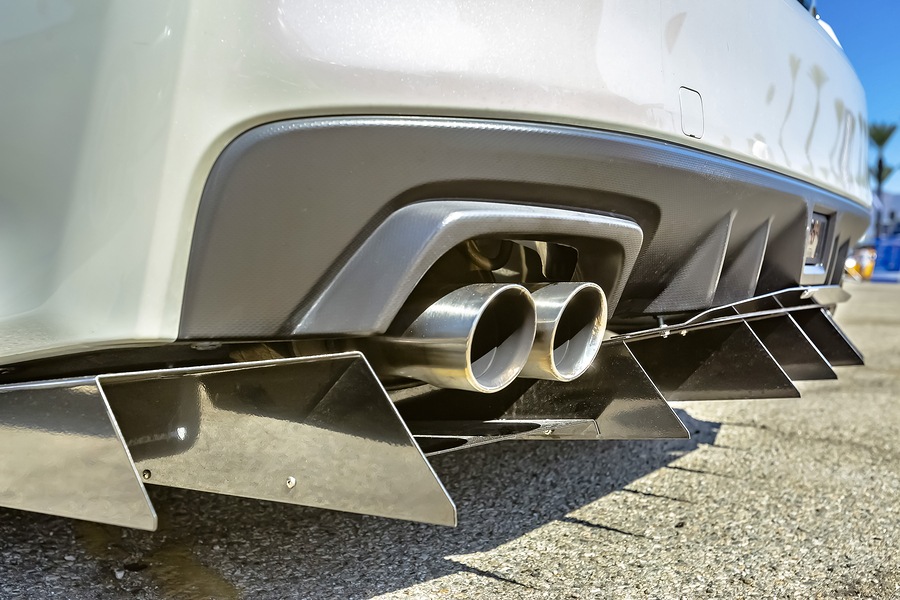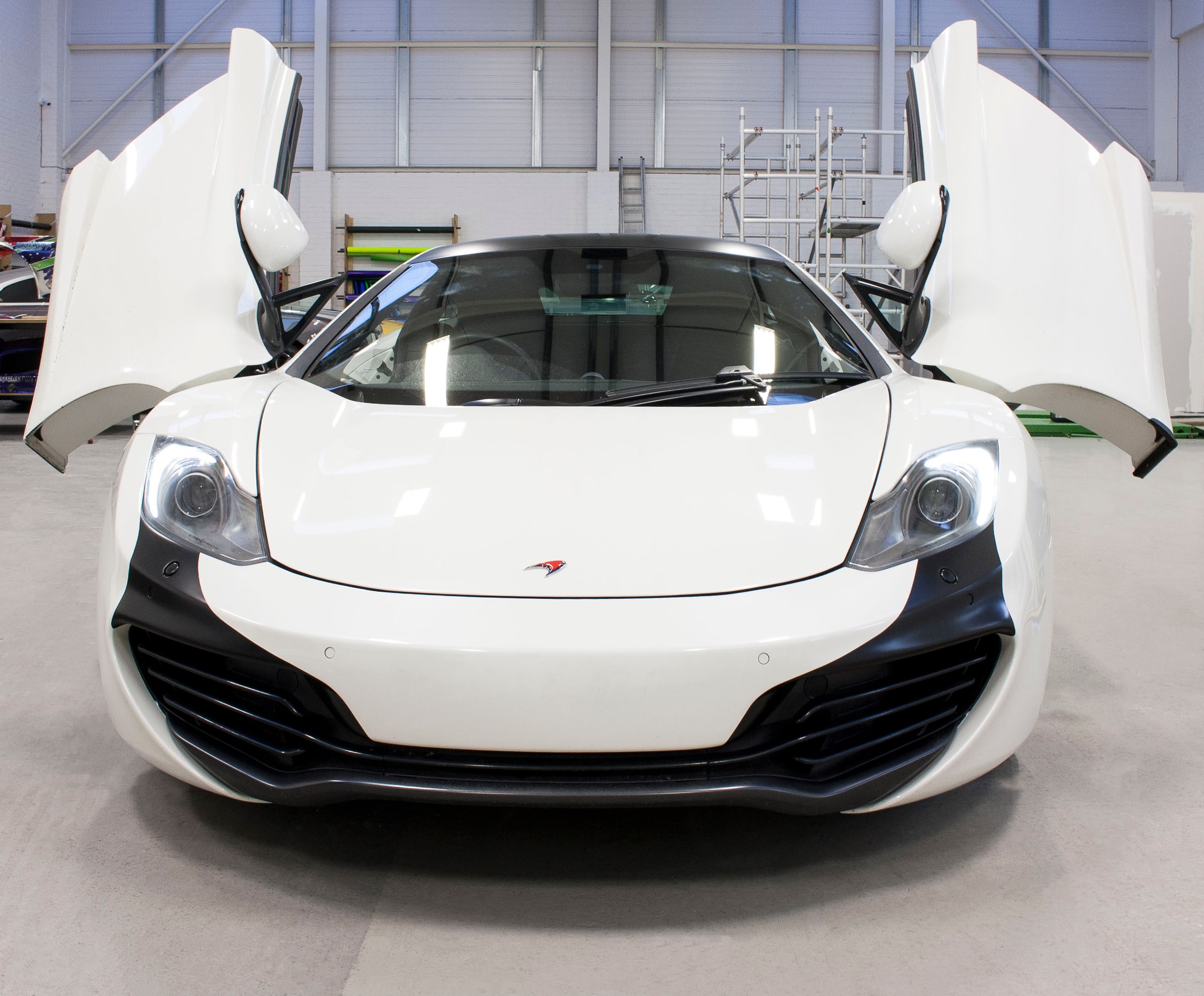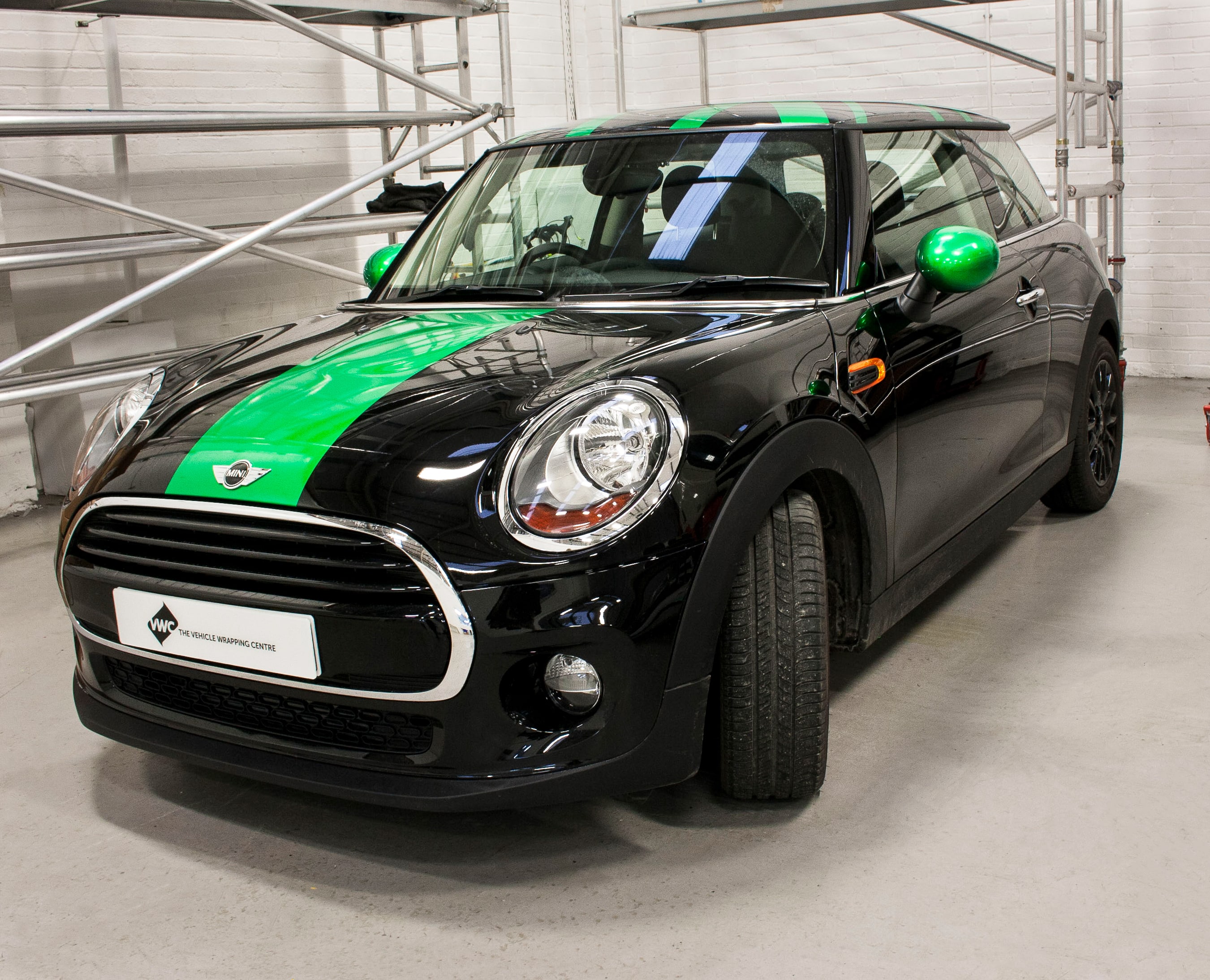How to keep modified car insurance down
If you’re a petrolhead there’s a good chance that you’d like to make your car unique in some way beyond just your choice of air freshener; you might even be able to add value to your vehicle with an engine boost, modified headlights or spoiler, or with an attractive cosmetic vehicle wrap to refresh old paintwork.
However, the flipside to some vehicle modifications comes when you enquire about the cost of modified car insurance, as many insurers take a dim view of ‘go-faster’ enhancements to your car as an indication that you may be more prone to reckless or even illegal driving.
To avoid being perceived in this way, just steer clear of those typical boy racer enhancements, and you might even find you are able to make decisions that you can use to persuade your modified car insurance provider that your vehicle is actually safer than it was before.

Performance boosting car modifications
Research by Moneysupermarket in 2016 found that turbo-charging your engine can lead to a 132% rise in insurance premiums.
Flared wheel arches and bonnet bulges cost up to 66% and modifying your transmission or gearing can cost around 63%.
At the lower end, changing your exhaust system adds about 26% and upgraded suspension can add 25%.
So why the rise in modified car insurance cost, even if the modification itself is something like improved brakes (which adds around 36%) which you might think makes the vehicle safer?
The answer with mods that change the mechanics of your car is simply that it means your vehicle is less predictable.
Your insurer no longer ‘knows’ that it will behave like other examples of the same make, model, year and engine size, which essentially means your car insurance becomes a bespoke product.

Car modifications that reduce insurance prices
Perhaps surprisingly, some modifications that don’t affect the mechanics of the car, but indicate a safer driving style, can actually reduce your insurance renewal premiums.
For example, fitting a tow bar usually means you’re a slower driver, and can cut car insurance premiums by 20%, while if your vehicle doesn’t have parking sensors, fitting those can cut 13% from your insurance renewal.

Cosmetic car modifications
OK, so modifying the engine is a material change to the vehicle, but what about cosmetic alterations?
Moneysupermarket found changing the paintwork can add up to 36% to your insurance premiums, while go-faster stripes can add 22%.
Any permanent change to the paintwork must also be reported to the DVLA, and there are legal issues and insurance cost implications surrounding tinted windows too, so make sure you get it right if you opt for those.
Using a professional car wrapping company to install window tints – especially a sun shade strip across the top of the windscreen – sends a clear message to your insurer that you are trying to improve your safety, and a direct call to customer services might help you to negotiate your premium accordingly.
And finally if you are using a complete vinyl vehicle wrap to change the colour of your car or to protect the paintwork underneath against fading and weather damage, check whether this is something you even need to tell your insurer, as some do not ask to be notified of temporary cosmetic changes and there may be no impact on your insurance costs at all.

